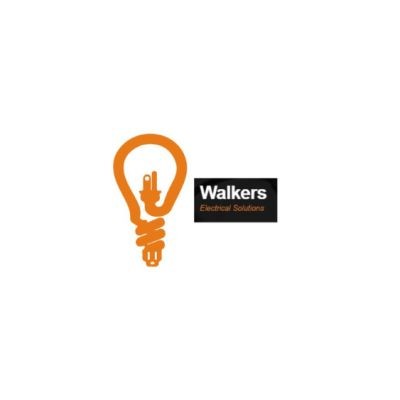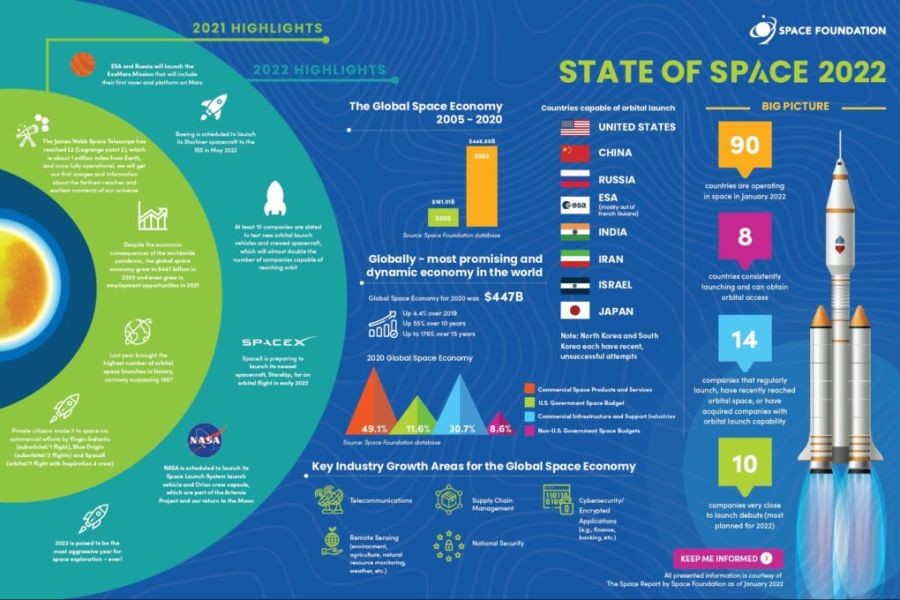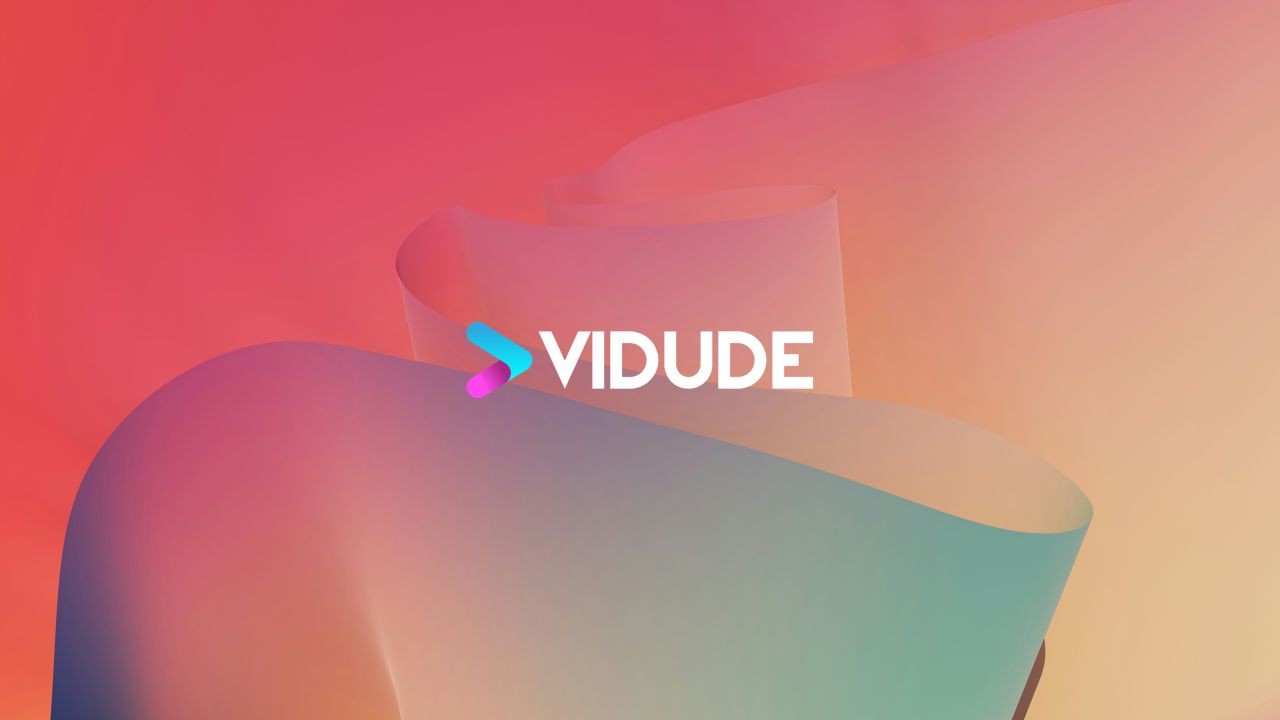Blockchain technology, often heralded as a game-changer for industries worldwide, has sparked significant debate in New Zealand. While some experts tout its revolutionary potential, others argue that its impact is overhyped, especially in the travel sector. The implications for Kiwi businesses, particularly those in the tourism and travel industry, are profound. This article delves into these perspectives, offering a balanced view supported by data and real-world examples.
Myth vs. Reality: Blockchain's Influence in New Zealand
Blockchain is often perceived as the ultimate solution for enhancing transparency and security across various sectors. However, the reality is more nuanced. In New Zealand, where the economy is heavily reliant on tourism, the application of blockchain has not been as disruptive as initially anticipated.
The Myth: Blockchain Revolutionizing Travel
Many believe that blockchain will transform the travel industry by creating more secure and efficient systems for bookings and payments. The promise of eliminating intermediaries, reducing costs, and increasing transparency seems appealing at first glance.
The Reality: Limited Adoption in NZ
Despite the hype, blockchain's adoption in New Zealand's travel sector has been slow. According to a report by the Ministry of Business, Innovation and Employment (MBIE), only about 5% of travel-related businesses in New Zealand have integrated blockchain solutions into their operations. The slow uptake is attributed to high implementation costs and the complexity of integrating blockchain with existing systems.
Comparative Analysis: Blockchain in Other Industries
While blockchain's impact in travel remains limited, other sectors in New Zealand have seen more promising applications. The finance industry, for instance, has been experimenting with blockchain for streamlining transactions and improving security.
Finance Sector: A Case Study
The Reserve Bank of New Zealand (RBNZ) has explored blockchain for faster and more secure interbank settlements. A pilot project demonstrated that blockchain could reduce transaction times by 30%, offering significant cost savings. This success contrasts sharply with the travel sector's challenges, highlighting blockchain's variable impact across industries.
Real-World Case Study: Air New Zealand's Blockchain Experience
Problem: Air New Zealand sought to enhance its loyalty program's transparency and security, aiming to improve customer trust and engagement.
- Challenge: Existing systems were prone to data discrepancies, leading to customer dissatisfaction.
- Industry Insight: A survey by Stats NZ indicated that 40% of customers felt loyalty programs lacked transparency.
Action: Air New Zealand partnered with a blockchain startup to pilot a blockchain-based loyalty program.
- They used the blockchain to securely record and track customer points, ensuring real-time updates and transparency.
- The pilot focused on enhancing data integrity and customer trust.
Result: After six months, Air New Zealand reported a 25% increase in customer engagement and a 15% reduction in complaints about loyalty program discrepancies.
- Customer trust improved, leading to higher program participation.
Takeaway: While blockchain showed promise in improving specific aspects, its broader application across the travel sector in New Zealand remains limited. Companies should assess whether blockchain aligns with their strategic goals before investing.
Pros and Cons of Blockchain in Travel
Understanding blockchain's benefits and drawbacks is crucial for making informed decisions about its potential applications in the travel industry.
Pros:
- Enhanced Security: Blockchain's decentralized nature ensures data integrity and reduces fraud risks.
- Cost Reduction: By eliminating intermediaries, blockchain can lower transaction costs.
- Transparency: Real-time data verification fosters trust among stakeholders and customers.
Cons:
- High Implementation Costs: Integrating blockchain requires significant investment in infrastructure and expertise.
- Complexity: Blockchain's technical nature poses challenges for widespread adoption.
- Scalability Issues: As transaction volumes increase, blockchain systems may struggle to maintain efficiency.
Common Myths & Mistakes
Myth: Blockchain Guarantees Immediate ROI
Reality: While blockchain can reduce costs, the initial investment is substantial. A study by the University of Auckland found that many businesses overestimate blockchain's short-term financial benefits.
Myth: Blockchain is Fully Secure
Reality: Although blockchain enhances security, it is not immune to vulnerabilities. Cybersecurity remains a critical concern, as demonstrated by a 2023 breach affecting a global travel company.
Myth: Blockchain is a Universal Solution
Reality: Blockchain is not a one-size-fits-all solution. Its effectiveness varies significantly across industries and specific use cases.
Future Trends & Predictions
The future of blockchain in New Zealand's travel sector hinges on technological advancements and regulatory developments. Experts predict that by 2028, blockchain could facilitate real-time international travel bookings, enhancing customer experience and operational efficiency.
According to a report by Deloitte, blockchain's role in identity verification could streamline border processes, reducing wait times by up to 50%. However, widespread adoption will require collaboration between governments and private enterprises to address privacy and security concerns.
Conclusion: Navigating the Blockchain Hype
While blockchain offers exciting possibilities, its potential in New Zealand's travel industry is tempered by practical challenges and misconceptions. Businesses must carefully assess whether blockchain aligns with their strategic objectives before committing to this technology.
What's your take on blockchain's future in New Zealand? Share your insights in the comments below!
People Also Ask
How does blockchain impact businesses in New Zealand?
Blockchain enhances data security and transparency, leading to improved trust among stakeholders. However, adoption varies, with finance seeing more benefits than travel (Source: RBNZ).
What are the biggest misconceptions about blockchain?
A common myth is that blockchain is universally beneficial, but its impact varies by industry. Research from the University of Auckland highlights this variability.
What are the best strategies for implementing blockchain?
Experts recommend starting with a clear use case, ensuring alignment with business objectives, and collaborating with experienced blockchain providers.
Related Search Queries
- Blockchain applications in New Zealand
- Blockchain travel industry trends
- Blockchain adoption rates in NZ
- Blockchain vs. traditional systems
- Future of blockchain in travel
- Blockchain security concerns
- Blockchain implementation costs
- Blockchain case studies NZ
- Blockchain and data privacy
- Blockchain technology in finance


































Groot Dental
6 months ago